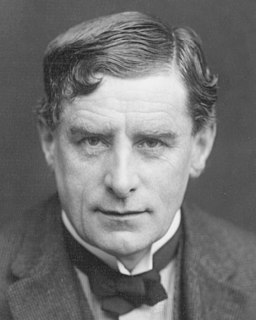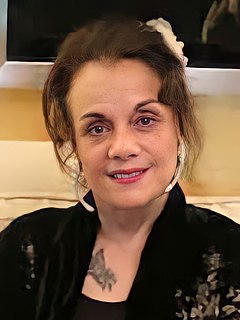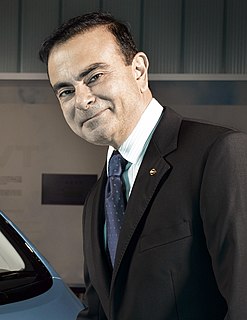A Quote by Richard Dawkins
The idea of an afterlife where you can be reunited with loved ones can be immensely consoling - though not to me.
Related Quotes
Religion provides the only story that is fundamentally consoling in the face of the worst possible experiences - the death of a parent, for instance. In fact, many religions take away the problem entirely, because their adherents ostensibly believe that they're going to be reunited with everyone they love, and death is an illusion.
in the nineteenth year and the eleventh month speak your tattered Kaddish for all suicides: Praise to life though it crumbled in like a tunnel on ones we knew and loved Praise to life though its windows blew shut on the breathing-room of ones we knew and loved Praise to life though ones we knew and loved loved it badly, too well, and not enough Praise to life though it tightened like a knot on the hearts of ones we thought we knew loved us Praise to life giving room and reason to ones we knew and loved who felt unpraisable. Praise to them, how they loved it, when they could.
He loved me. He'd loved me as long as he he'd known me! I hadn't loved him as long perhaps, but now I loved him equally well, or better. I loved his laugh, his handwriting, his steady gaze, his honorableness, his freckles, his appreciation of my jokes, his hands, his determination that I should know the worst of him. And, most of all, shameful though it might be, I loved his love for me.
Until we find out who was born this time around, it seems irrelevant to seek earlier identities. I have heard many people speak of who they believe they were in previous incarnations, but they seem to have very little idea of who they are in this one. . . . Let’s take one life at a time. Perhaps the best way to do that is to live as though there were no afterlife or reincarnation. To live as though this moment was all that was allotted. (132)
But I liked you from the moment I first heard your voice,” he said, “when I had no idea what you looked like. I thought it delicious, the way you bargained for me, as though I were an old rug. Then I loved the way you looked at me. Then I loved the way you ordered me about. I loved your patient and impatient ways of explaining things to me. I love the sound of your voice and the way you move. I love your courage and your kindness and your generosity and your obstinacy and your passion.” He paused. “You’re the genius. What do you think that means?
People, I thought, wanted security. They couldn't bear the idea of death being a big black nothing, couldn't bear the thought of their loved ones not existing, and couldn't even imagine themselves not existing. I finally decided that people believed in an afterlife because they couldn't bear not to.




































